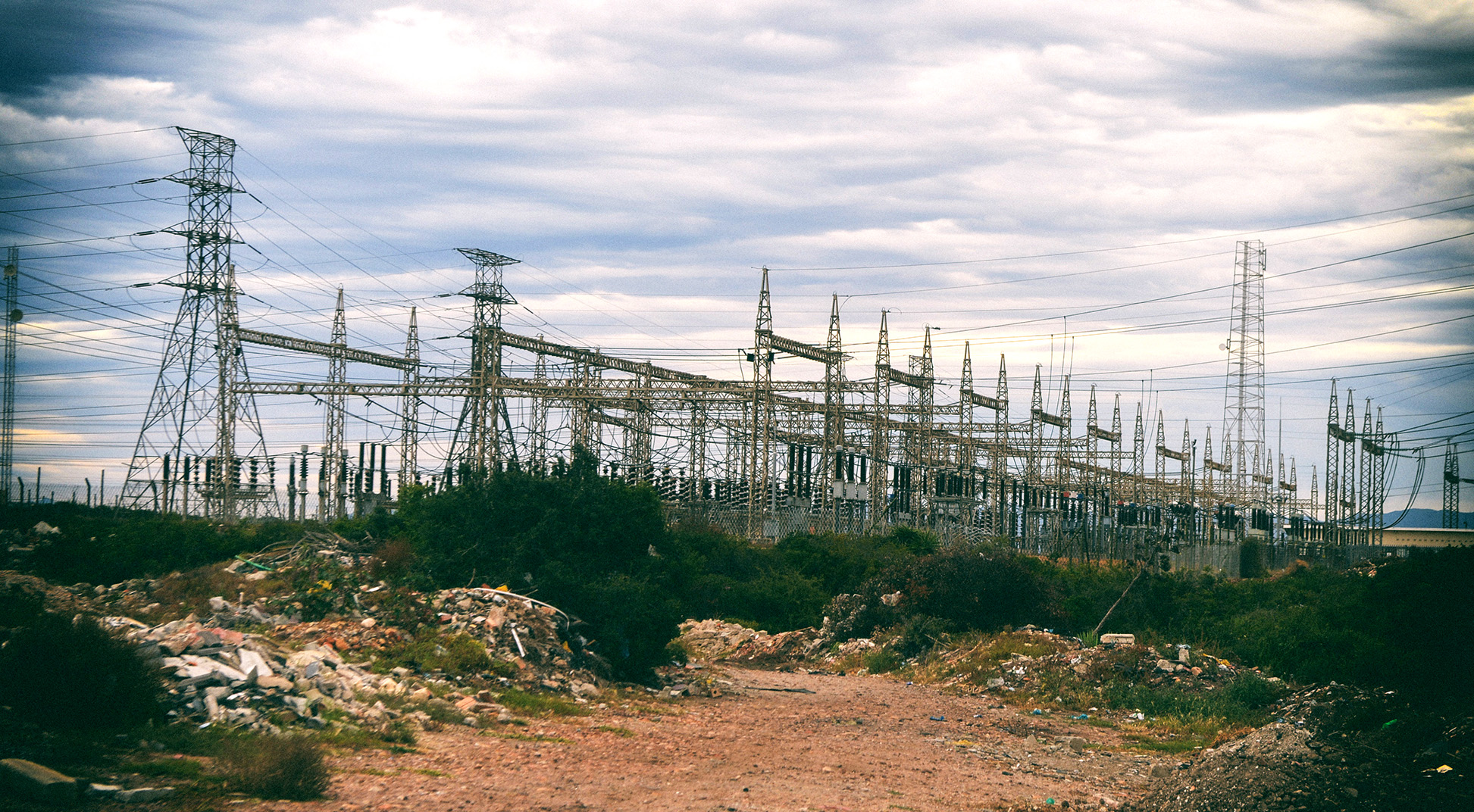The Nelson Mandela Bay Municipality said on Thursday, 19 December 2024 that it had detected an algae bloom in a supply dam, leading to a bad smell from the metro’s drinking water.
“The Infrastructure and Engineering Directorate is actively addressing the issue. The earthy odour experienced by residents is caused by a naturally occurring organic compound called geosmin, which results from the breakdown of algae,” metro spokesperson Sithembiso Soyaya said.
“Although the taste and odour of the water can be unpleasant, it is important to reassure residents that geosmin poses no health risks. The water can be used as normal. The municipality is closely monitoring the situation to ensure the water quality returns and remains safe for human consumption.”
Water cuts
Not only does the water stink, though. Gqeberha, which is packed with visitors for the festive season, is also facing a huge water outage due to the failure of infrastructure.
“This notice serves to caution water users about potential water shortages expected over the next 48 to 72 hours,” the metro said on Thursday afternoon.
“While some recovery has been achieved in the first 24 hours, only the Motherwell reservoir has shown signs of improvement.”
Two key water supply systems to the metro have undergone failures. The one is the Loerie Water Treatment Works where a malfunction in the filter bank has reduced plant output by 50% from 70 megalitres a day to 35 megalitres a day.
“Disinfection and cleaning operations are scheduled to begin today,” the metro statement continued.
The next failure occurred at the Nooitgedagt Water Treatment Works, one of the main providers of water to the metro.
“Urgent repairs by the Water User Association delayed water release into the Scheepersvlakte Balancing Dam, which supplies the Nooitgedagt Water Treatment Works,” the metro explained.
“Plant output has now increased to approximately 120 megalitres/day, and booster pump outputs have been adjusted to match available pipe pressure.”
By Thursday afternoon, reservoirs across the metro were running low with two, Chelsea and Greenbushes, at 9% and 12% full respectively.
Power failures
Apart from the water problems, the metro has been plagued by electricity problems with no fewer than 28 power failures in December, excluding planned shutdowns for maintenance.
Councillor Ondela Kepe successfully brought a motion at the city council meeting on Thursday, 12 December to increase maintenance and response teams and fill critical vacancies in the energy and electricity department.
“Looking at the last couple of months, the floods exposed how old and deteriorated our infrastructure is when it comes to electricity,” Kepe said during the council meeting.
He said if the electricity department was a business, it would have shut its doors as it had fewer than 50% of vacancies filled. One depot, covering 28 wards, had only six artisans.
“You can imagine the pressure they are working under,” Kepe said.
According to a report presented to the metro’s corporate services committee in October, there are 285 vacancies in the metro’s infrastructure and engineering department.
Despite months of requests and reminders, Soyaya has failed to answer any questions about the state of the metro’s electricity department.
During a presentation by the Nelson Mandela Bay Business Chamber’s Dave Mertens to the National Energy Regulator of SA (Nersa) in November, Mertens said that the quality of supply was shocking.
“Unplanned outages are out of control,” he told Nersa.
Mertens said the municipal electricity department had suffered a loss of R1.3-billion, and illegal connections and meter tampering were not being dealt with.
“The Nelson Mandela Bay municipality will eventually also fail in its obligation to Eskom,” he said.
The Business Chamber contends that it has been complaining about the quality of the electricity supply provided by the Nelson Mandela Bay metro, but Nersa has done nothing.
“It is challenging to retain or attract investment in an environment that is not enabling,” Mertens said.
“The government must fix or revoke failing electricity distribution licences,” he said. DM





